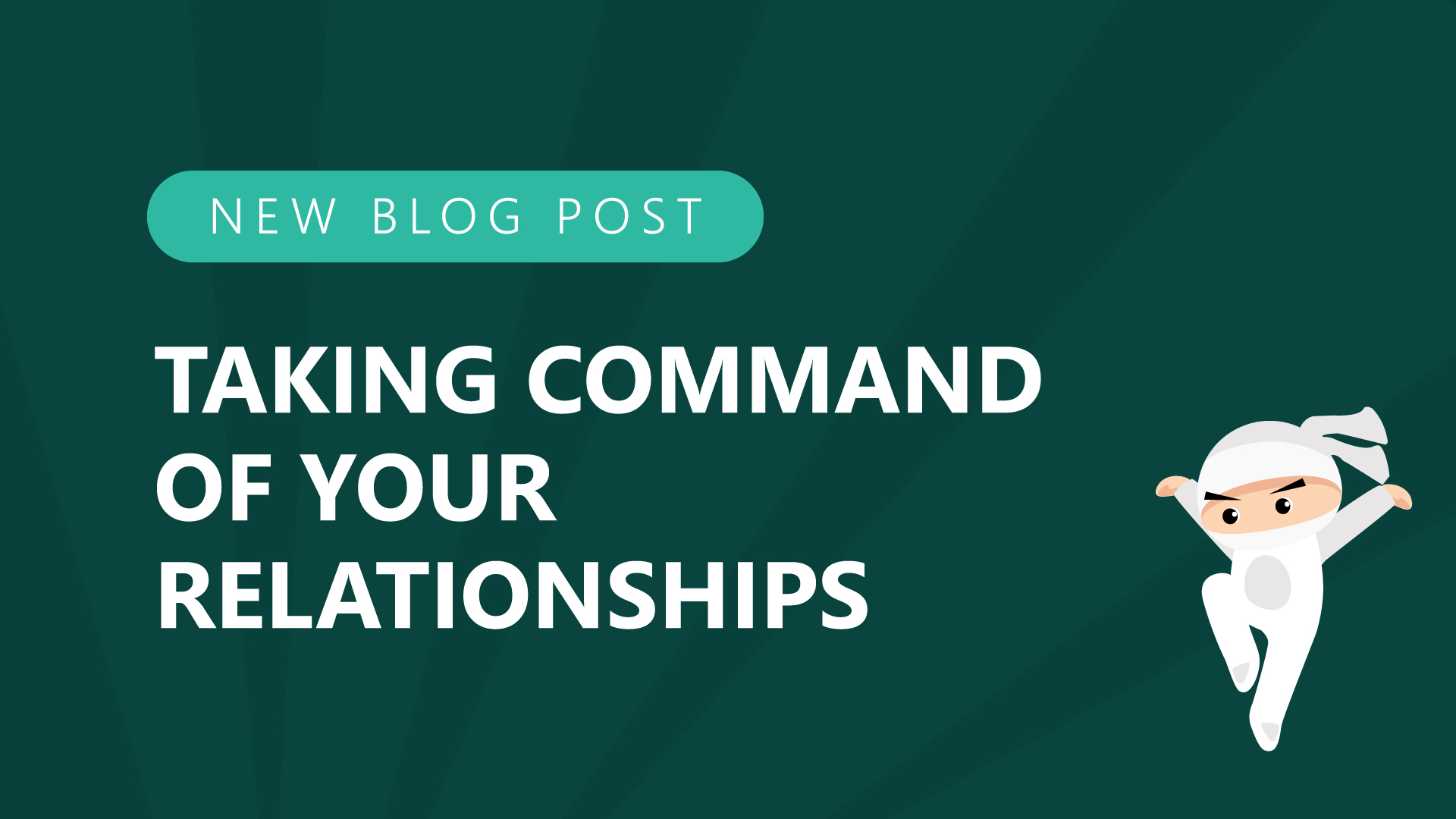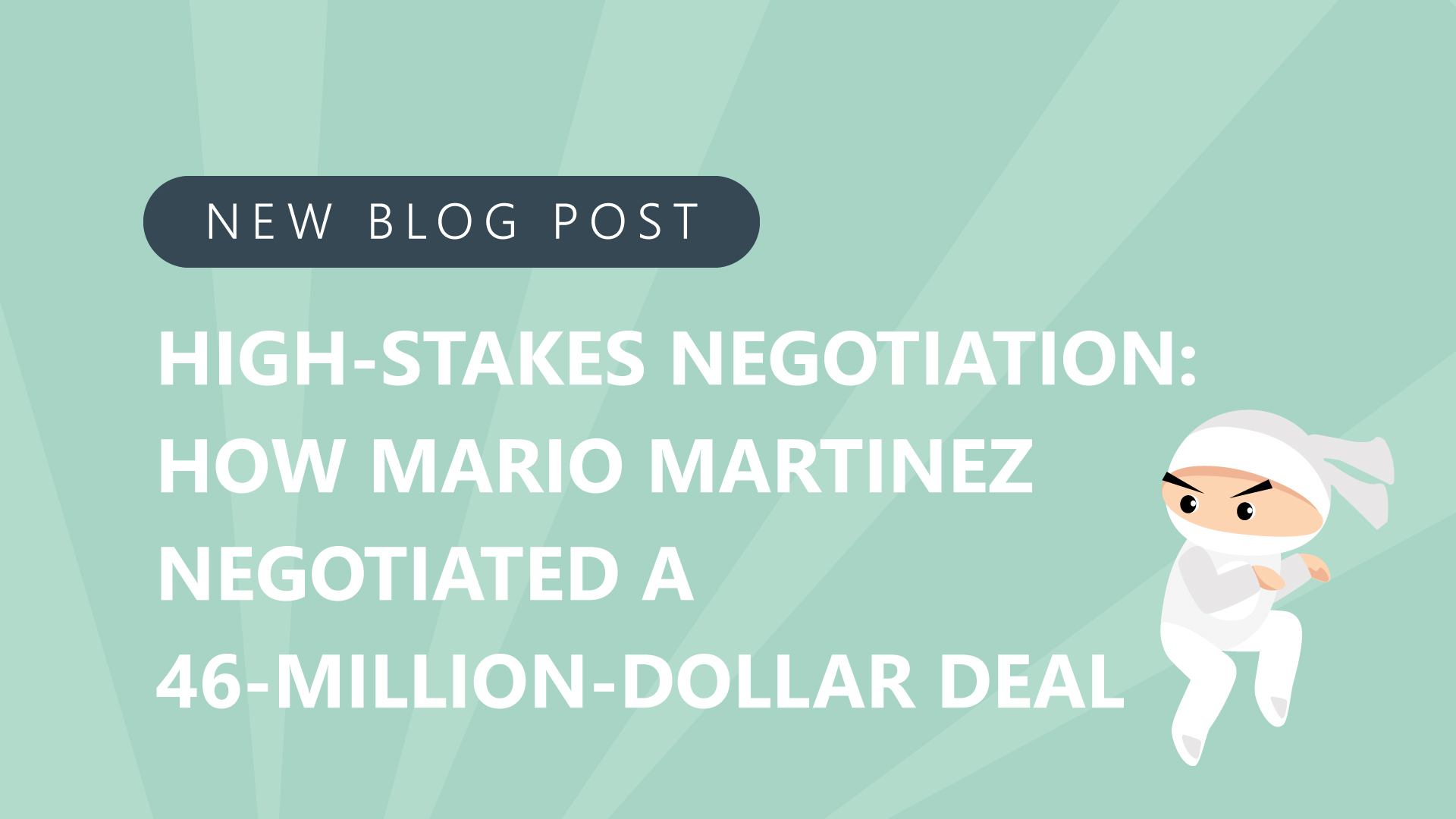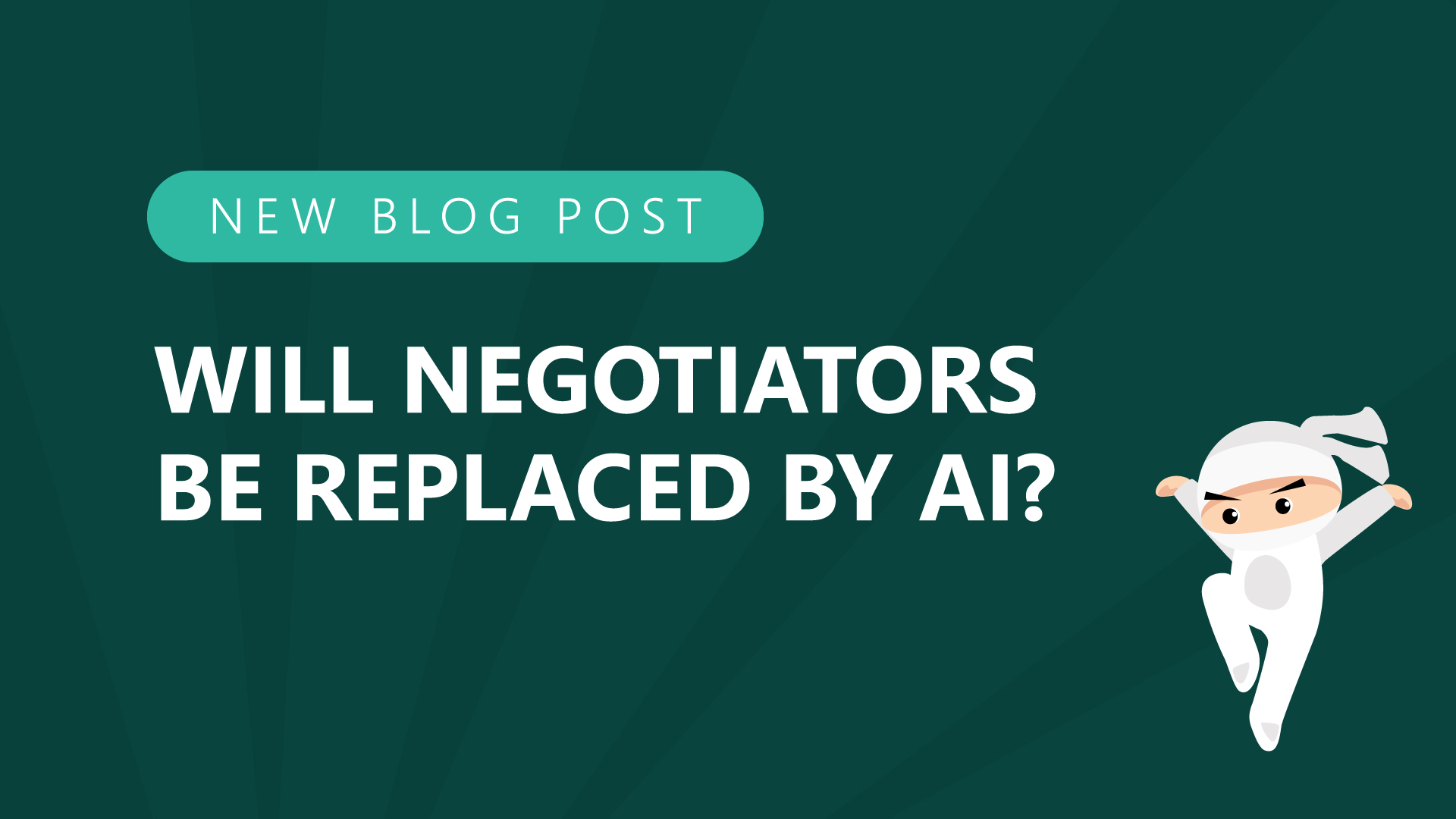Unveiling the Psychological Principles of Persuasive Storytelling
Storytelling is a powerful tool in various aspects of life, from sales to negotiations and everyday conversations. If you have the ability to use storytelling as a persuasive tool, it can make a significant difference in achieving your desired outcomes, whether you’re having an everyday conversation with a friend or making a sales pitch. But what are the psychological principles that underlie persuasive storytelling? Let’s dive into it. The Emotional... Read more
Taking Command of Your Relationships
One of Joe Hart’s goals when he joined Dale Carnegie was to bring Dale Carnegie’s principles to more people. He co-wrote “Take Command” with Michael Cromm to build on the ideas in “How to Win Friends and Influence People” and “How to Stop Worrying and Start Living.” Dale Carnegie developed some incredible wisdom that is relevant today, especially as connected as the world is. They simply wanted to include more... Read more
Negotiating Rationally with Irrational Humans
Humans aren’t rational beings. It’s been studied and proven repeatedly. We may desire to make rational decisions. We may think we’re making rational decisions. But the truth tells a different story. Can a rational negotiation framework be applied to an irrational human? Andreas Winheller points out that you have to start with research. What does the research tell us? Framing is important If you are selling oranges, you can do... Read more
The Art of Storytelling
Storytelling is meant to be a means of connection. It’s a way to communicate that makes a message memorable. In episode #441 of Negotiations Ninja, master storyteller Matthew Dicks shared how to gather moments from your life that you can transform into stories. But how do you tell a compelling story? What details are important? Matthew points out that it’s actually not in the details… Why location and action are... Read more
Great Stories Are Simple
In episode #439 of Negotiations Ninja, Mark Carpenter shared how storytelling makes leadership more credible and increases the all-important “know, like, and trust” factor. But how do you get better at telling stories? What do great stories look like? Let’s start with the basics. What do great stories include? Great stories consist of three main elements: Introduction: You have to introduce the situation and share what you’re trying to accomplish.... Read more
William Ury’s Possible: How We Survive (and Thrive) in an Age of Conflict
William Ury is a long-time student of the art of negotiation and mediation. He originally got a Ph.D. in Anthropology but decided to apply it to something practical: Negotiation. He helped found the program on negotiation at Harvard Law School. He’s always loved reflecting on what leads to negotiation successes and failures. He’s worked on every continent in both business and politics. He’s always sought to answer, “Can’t we find a... Read more
Persuasive Storytelling: The Scientific Approach to Engaging Your Audience
The ability to capture attention, influence decisions, and forge lasting connections is invaluable in business and sales. Persuasive storytelling is one of the key ways to do this. It draws on deep-rooted psychological mechanisms to engage and persuade the listener, making it an excellent tool in sales and negotiations. This article explores the science behind persuasive storytelling and discusses how professionals can harness its power to become more successful negotiators.... Read more
High-Stakes Negotiation: How Mario Martinez Negotiated a 46-Million-Dollar Deal
While Mario Martinez was with Sprint, he’d been working with a Fortune 10 company for years. He built out a wireless infrastructure in their corporate offices. He created a system where employees could become customers through an online portal versus paper forms. Seven years later—and over 5 million dollars of investments into this company—they’d recouped all of their expenses. During this time, Mario also built a strong friendship with the... Read more
Will Negotiators Be Replaced by AI?
Will negotiators get replaced by AI anytime soon? AI can be used to shortcut understanding contracts, reading contracts, writing contracts, and more. AI is a wonderful tool. Negotiation expert Keld Jensen believes that if we can realize more value and have better negotiations using AI, we very well should. We should not stand in the way. But will we be replaced by AI? The current answer is no… Keld Jensen firmly... Read more
Sales is the Transference of Belief
Sales is the transference of belief. If you yourself aren’t sold on the product or service, you can’t transfer that belief to another human. You can’t convince your way in. Are you bought into the ROI of your product or service? Do you care about serving your customers and helping them achieve results? Will your product or service transform their business? Tom Randall once told Justin that he made things... Read more











